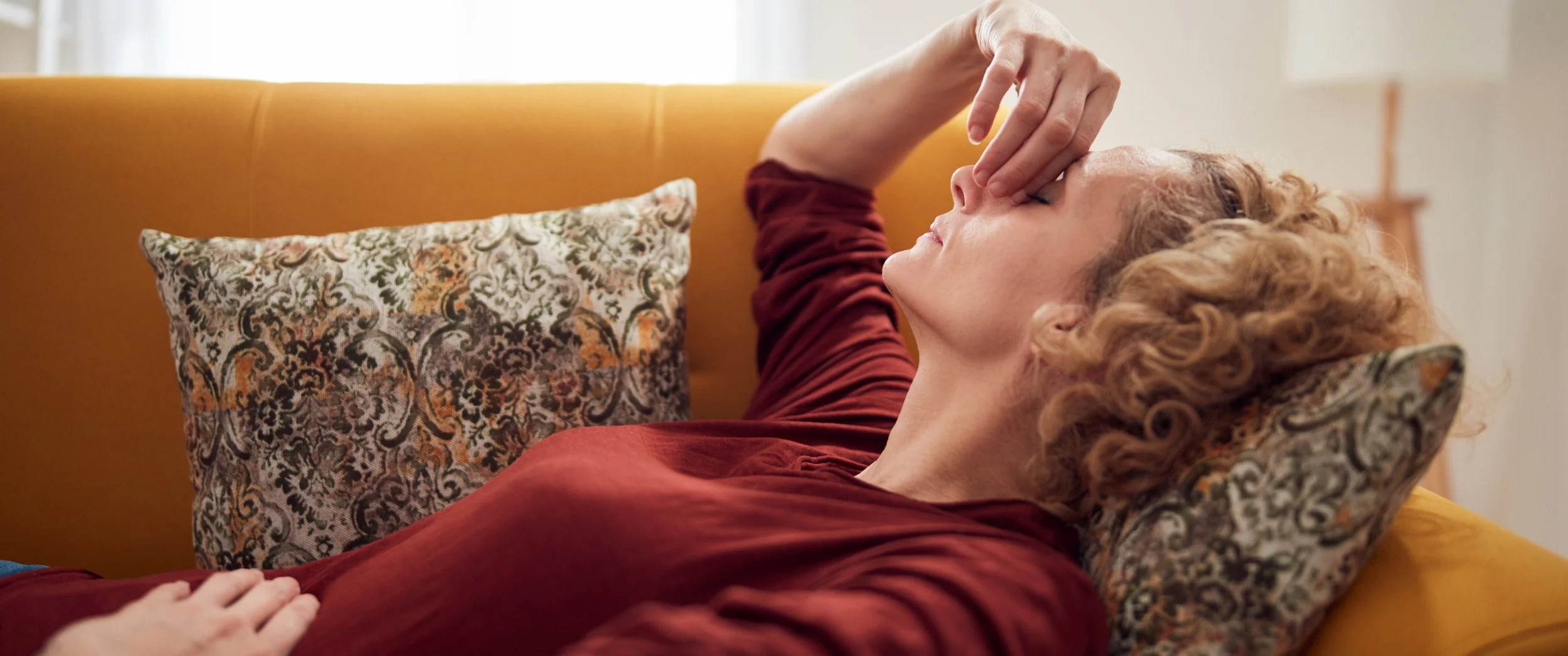Here at the Colorectal Clinic of Tampa Bay, we often get asked about the difference between two similar-sounding conditions: diverticulosis and diverticulitis. They sound similar because they both involve diverticula, tiny pockets of stool that have pressed outwards due to pressure from the colon wall. However, there is one major difference between the two conditions.
What Is Diverticulosis?
Diverticulosis is a bowel condition in which hard, difficult-to-pass stool gets stuck in the colon. Some pockets of stool force their way into bulges that extend past the normal colon wall. In most cases, diverticulosis can be effectively treated by adding fiber and more water to the patient’s diet. Most diverticulosis patients experience few symptoms.
Diverticulosis Symptoms
Constipation
Bloating
Excess gas
Cramps
What Is Diverticulitis?
Diverticulitis is very similar to diverticulosis in that it is a more progressed form of diverticulosis. Diverticulitis involves pockets of stool that have bulged outwards from the bowel wall, but they are also inflamed and, sometimes, infected. Furthermore, there are four different stages of diverticulitis, of which, two involve ruptured diverticular abscesses that will likely require surgical intervention.
What Are The Symptoms of Diverticulitis?
Fever and/or chills
Nausea and/or vomiting
Severe abdominal pain, especially on the left side
So What’s The Difference: Diverticulosis vs Diverticulitis?
The key to telling these two terms apart lies in the medical endings. The ending -osis refers to a general medical condition in which something strays from the normal. The ending -itis refers to a condition that is inflammatory in nature. Based on these endings on a similar beginning, diverticula, the condition with inflammation and potential infection tends to be more serious.
How Does Diverticulosis Become Diverticulitis?
Both conditions involve pockets of stool that have pushed out from the bowel wall; however, when these pockets become blocked, infection and inflammation tend to follow. For this reason, a patient may never experience serious symptoms if they never develop diverticulitis.
Am I At Risk of Developing Diverticulitis?
There are a few known risk factors for diverticulitis: extremely low dietary fiber, genetic factors, having polycystic ovarian syndrome, smoking, obesity, and taking NSAIDs (like ibuprofen), opiates, and steroids.
Should I Worry About Diverticulosis?
Since diverticulosis can turn into a potentially life-threatening condition, your symptoms should be monitored by your physician. If you start to experience any sudden, extreme abdominal pain or fever and chills, contact your doctor and seek emergency care if necessary.
How Are Diverticulitis and Diverticulosis Treated?
As mentioned above, diverticulosis is rarely caught before it turns into diverticulitis一 merely because the symptoms are almost nonexistent. Your doctor may find diverticula on a routine colonoscopy, but if they are not inflamed or infected, they will likely suggest that you simply increase your water and fiber intake.
Diverticulitis is easily managed, if you know what to look for. If you’re worried about you risk of diverticulitis or any other bowel conditions, give us a call. We’ll help you determine if you need diverticulitis treatment, just a simple diet adjustment, or if it’s something else entirely. (We’ve got you covered there too.)

